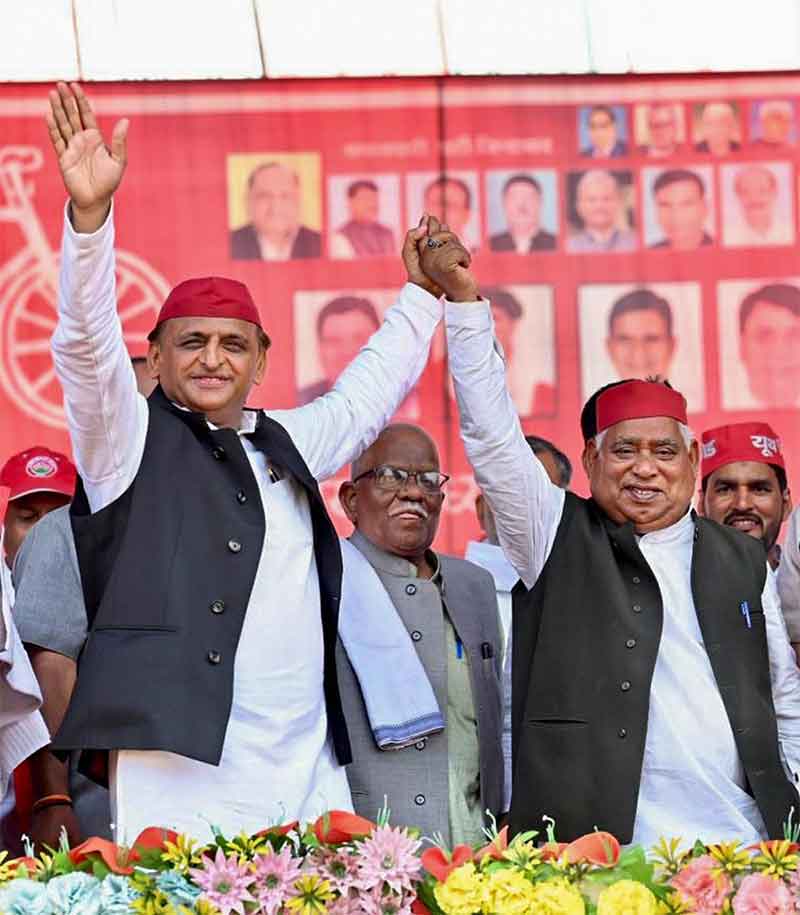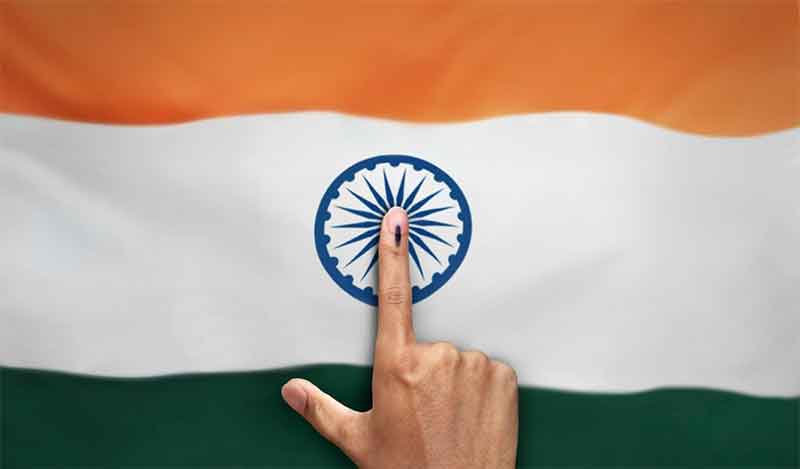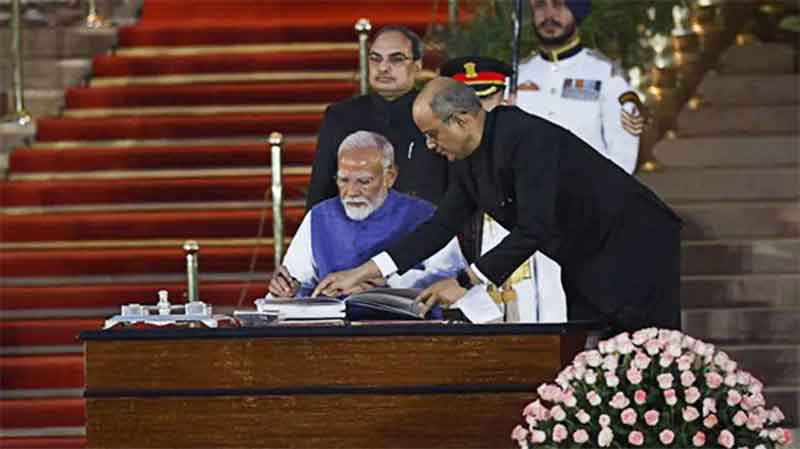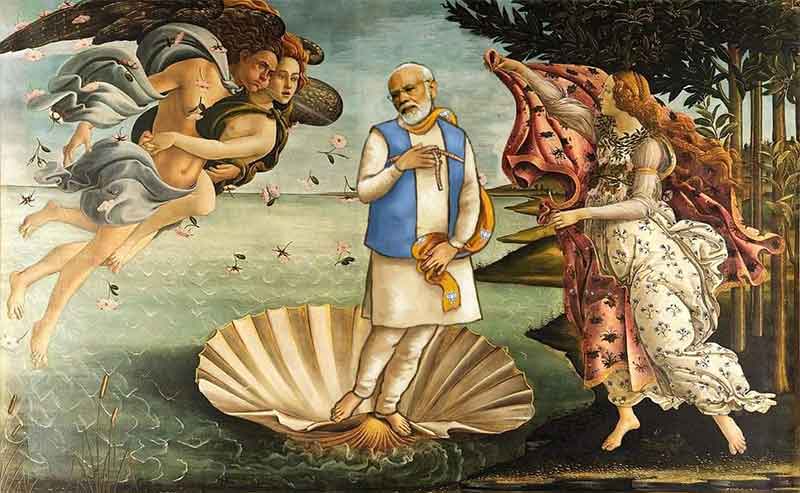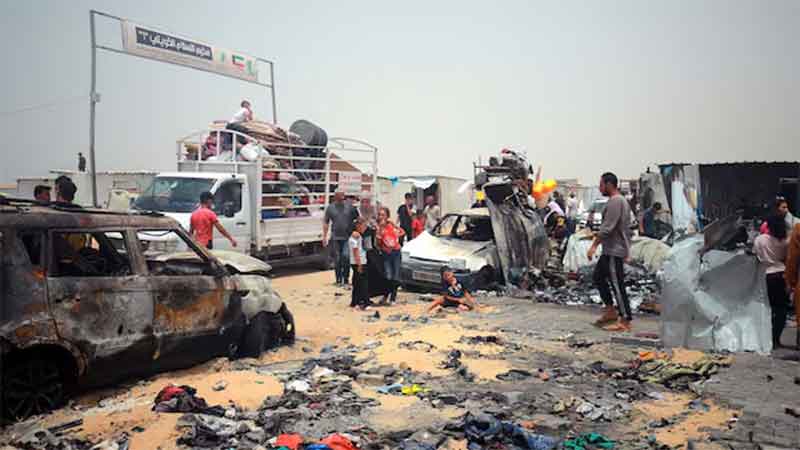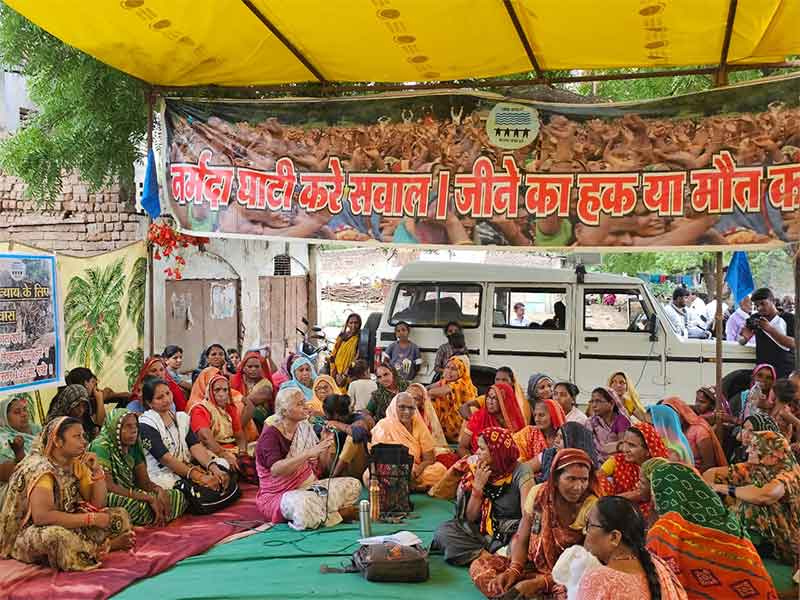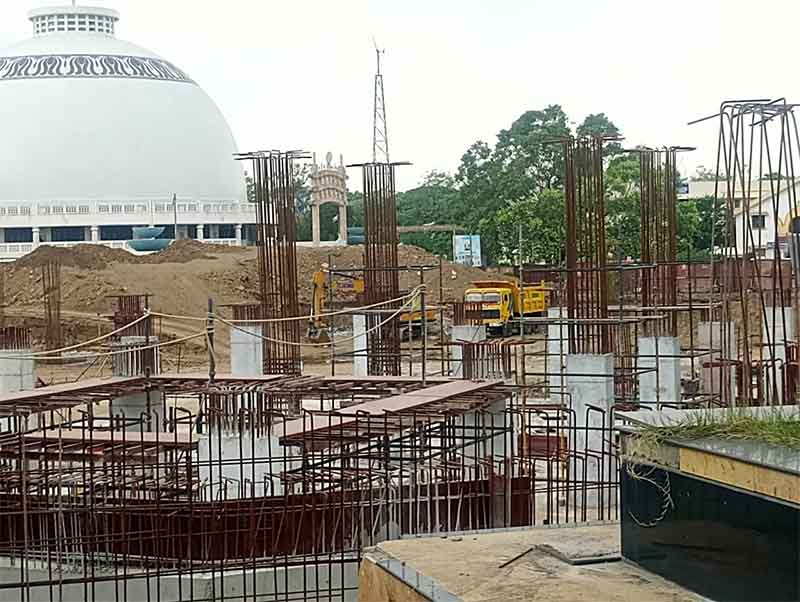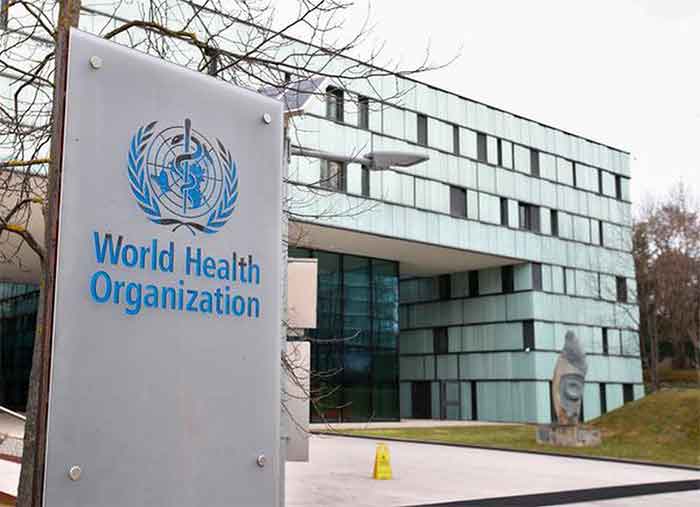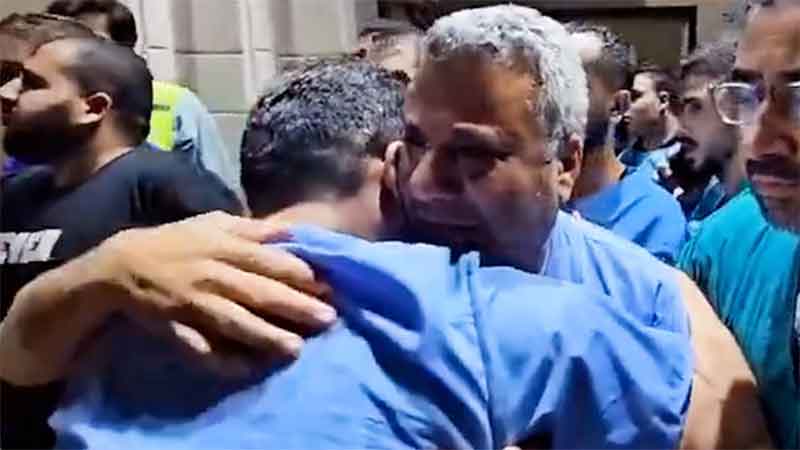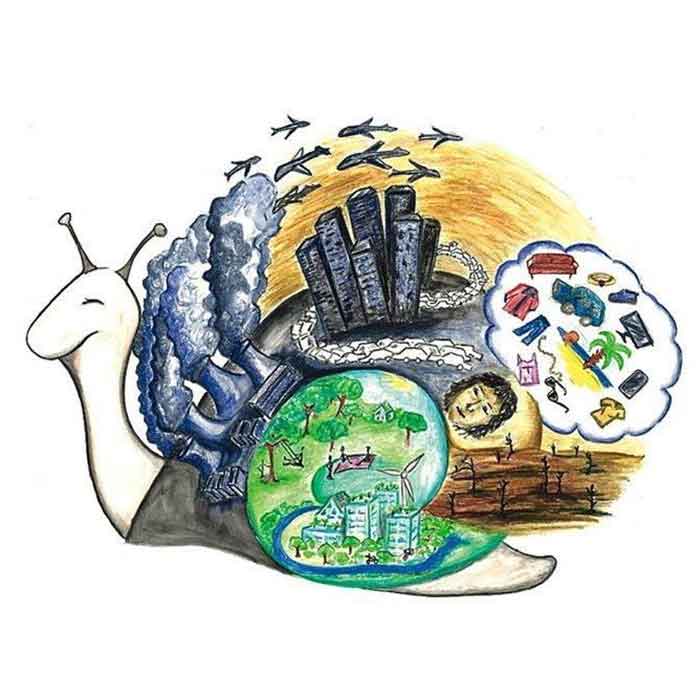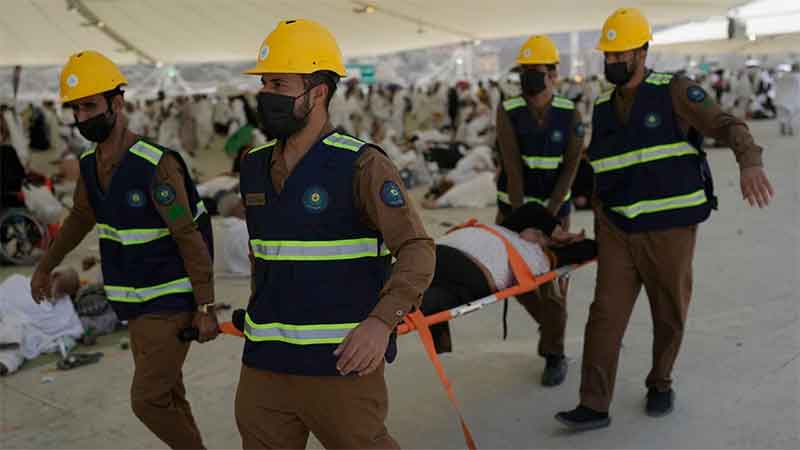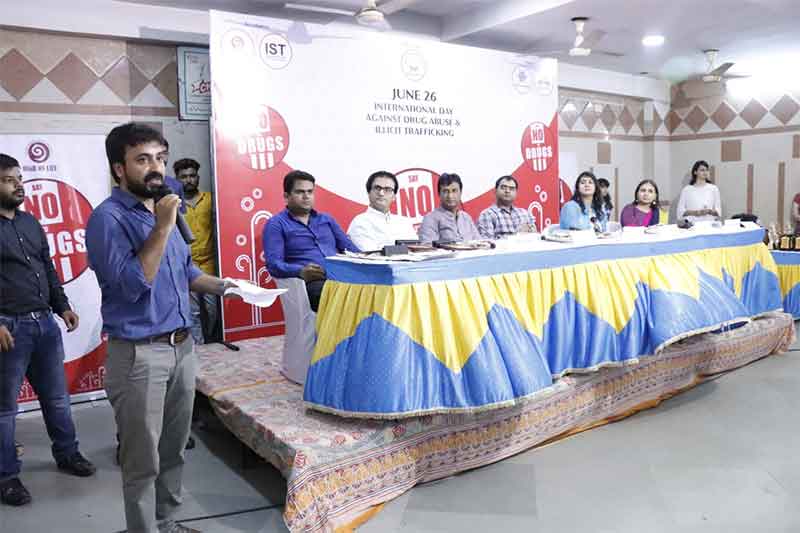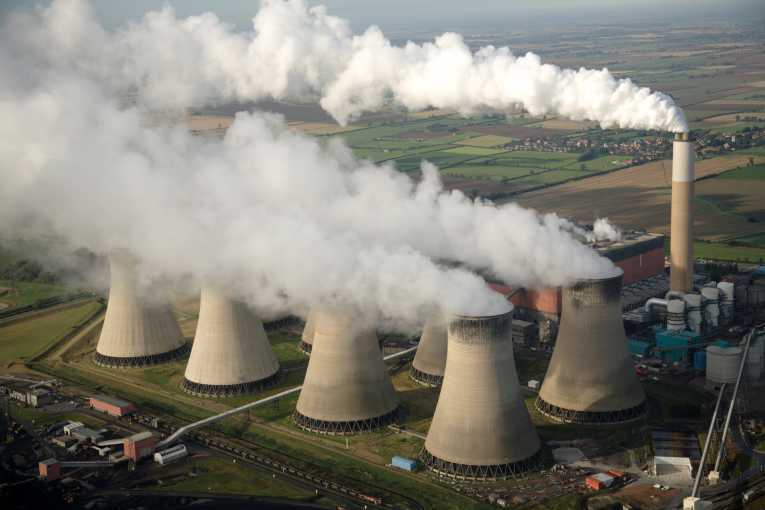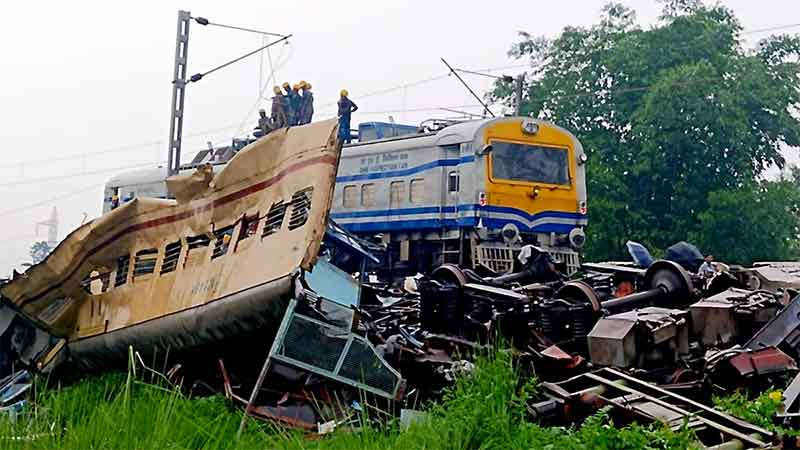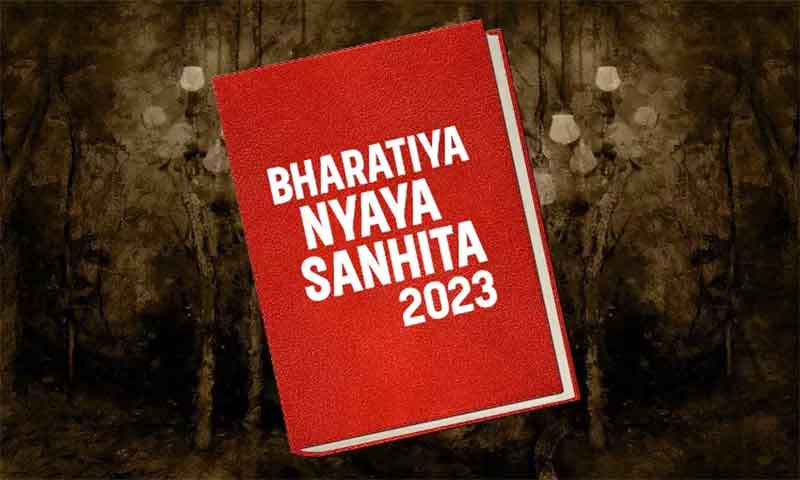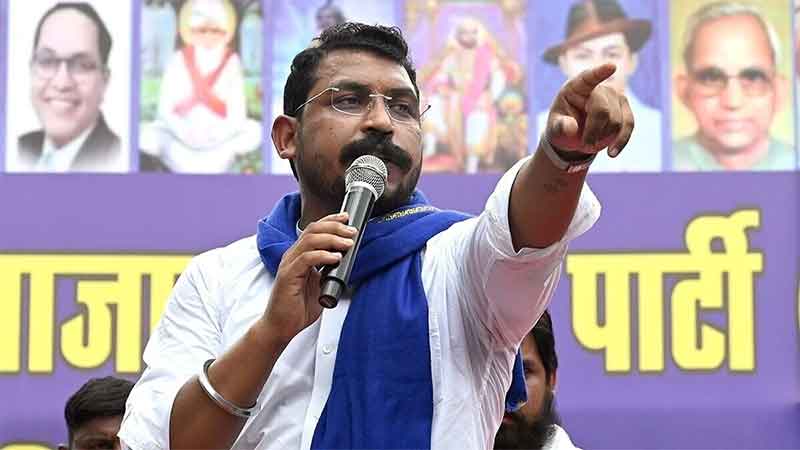
Ever since the results of the elections came out in India, many of my friends and I have celebrated in a subdued way. Nobody stuffed laddus in anybody’s mouth, we set off no firecrackers.
The question now is not how the NDA government will fare. I am not interested in speculations about events that might alter the course of the democratic forces. Indeed, it’s difficult even to identify who the democratic forces are, when you consider those who have allied themselves with the BJP.
Something else has occupied me over the last several days.
India is a democracy that has shown its core strength by taking on seeming behemoths. Are we as a people conscious of the great privilege that we have citizens of a democratic republic?
The behemoth had been an immovable object, and it seemed as if the force opposing it was nowhere near irresistible. Yet the immovable object has been moved. This fact points to the strength and power of the force that is democracy.
How did this democracy find such force?
In the last 10 to 14 months, there was an upsurge in the open and gradually loud conversations that took place in public spaces about the need to resist the tyranny of autocracy, the end of democracy as we know it, and ultimately the need to protect our Constitution.
Before the 2019 elections, I distinctly remember there was a sense of apprehension about speaking out, and a diffidence, a pessimism, permeated groups that wanted a change in the regime. People were afraid to express their opinions. I was warned more than once that
candour was foolishness, that I had to be circumspect, and that the danger to self was real.
This time, before the elections happened, private voices like mine, but insistent voices of dissent all the same, were public and began to coalesce. Common themes began to emerge in our conversations about why we needed to control the BJP threat.
I believe that it is now even more important to continue our conversations. We need to be conscious of the privilege and power we have.
What do I mean? Let me give some examples about what it is to be conscious of one’s socio-political role or commitment. When people spoke up, say for example, during the independence movement in India or even during the emergency, it was a result of a consciousness-raising process.
When we talk about gender equality, or when we avoid gender bias in language, it shows that we stand for certain values, that we are foregrounding a conscious awareness. There are many issues facing us, which require a conscious awareness which guides us in our words and actions. The foundation for each issue of justice and equality is the democratic consciousness.
How do we raise ourselves to be democratically conscious at all times? What are our privileges? How do we embark on the process of ceaseless sensitizing?
The suggestion conventionally offered is about imparting education in schools to raise awareness of the rights of citizens, through a close acquaintance with the preamble to the Constitution. Another avenue is for study forums and groups to discuss the Constitution and the rights of citizens.
What are our responsibilities? What are the duties of a citizen? At what points do we exercise our rights as a democratic citizen who has by definition, access to those whom we have elected? How do we enforce this principle? How do we realize the idea that each one of us is required to enforce this principle, that having it on paper means virtually nothing?
We need to exercise our democratic rights daily, and we need to carry ourselves with the confidence that our Constitution gives us that right.
We just need to stand up and speak up.
How do we do it? How do we speak up? We utilize the many institutions that exist in our society to intervene on our behalf when our democratic rights are undermined. This needs to happen more, both on behalf of individuals as well as groups. This is a duty we owe to ourselves.
We reach out to people who are influential and who know to express what it is that we want to say. I am not suggesting that we go to MLAs and the MPs with ideas and issues.
I am suggesting instead that we keep our channels directly open to those who make or shape public opinion, such as political analysts, political minds, and political voices.
Stay in touch with thinkers and activists in the civil society, political analysts, and independent, fearless journalists. Tell them of things that deny our democratic rights and hinder our freedom to be active citizens. Give them the facts. Tell them this is what I would like you to talk about, this is what I would like to hear more about.
The time for speaking only in safe spaces is over. Believe me, today in India, there are voices in every language willing to write a poem, to address students and groups of citizens, to write articles, to create videos, to educate, interact and bring us together, and build a purposeful and healthy democratic consciousness in each of us.
Let’s engage with issues on the firm foundation of our democracy. Use it or lose it, they say, and how true it is.
Dr.Kamakshi Balasubramanian is an educator with a PhD in Russian language and literature. She retired from full-time work in 2009, after nearly 40 years of teaching Russian, Tamil, World literature, and Theory of Knowledge in India and abroad. Kamakshi has written books for young readers published by NBT, India. She has authored academic papers, feature articles, book-reviews, and written widely on teacher education. Kamakshi is a discriminating reader, who is keenly interested in quality fiction as well as in non-fiction that is well-crafted, analytical, and purposeful. She spins khadi and practices vipassana meditation.

